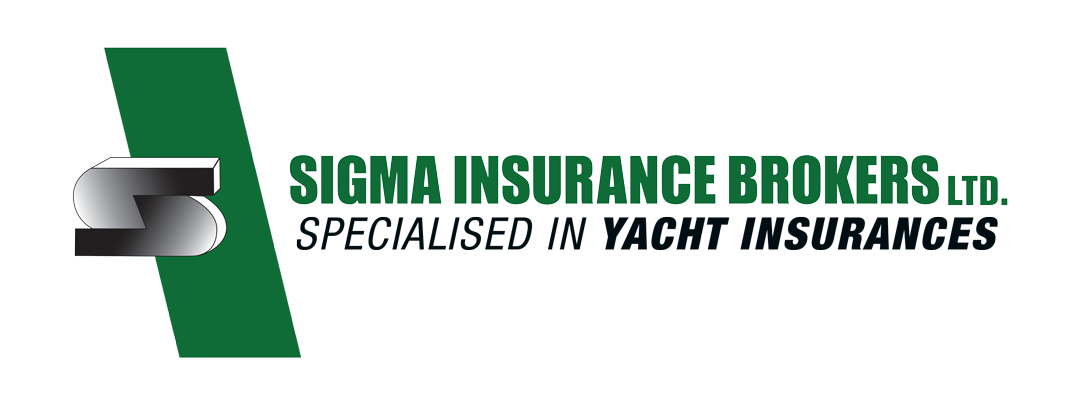Essential Information for Yacht Owners
Greece is a prime destination for yacht owners and boating enthusiasts, offering stunning coastal views, numerous islands to explore, and crystal-clear waters. However, before setting sail, it’s crucial to understand the boating regulations in Greece to ensure a safe and enjoyable experience on the water.
1. Licensing Requirements for Boaters in Greece
To operate a boat in Greece, having the proper licensing is essential. For vessels up to 30 HP, a license is not required, but for larger boats, an International Certificate of Competence (ICC) or equivalent is necessary. Ensure you have all necessary documentation on board, including registration papers, as Greek authorities conduct random checks to enforce compliance.
2. Mandatory Safety Equipment on Board
Greek regulations mandate that all boats carry specific safety equipment. This includes life jackets for every passenger, fire extinguishers, first aid kits, distress flares, and sound signaling devices. For journeys extending more than three nautical miles offshore, additional equipment such as life rafts and EPIRBs must be on board. Ensuring your boat is equipped with these safety items is not only legally required but also critical for the safety of all on board.
3. Adhering to Speed Limits and Navigating Restricted Areas
Speed limits are strictly enforced in Greece, especially in coastal areas and near ports, where boats should not exceed 5 knots within 200 meters of the shore. There are also several restricted zones, such as military areas and marine protected zones, where navigation is either limited or prohibited. Boaters should consult local notices to mariners or seek guidance from the local port authority to avoid these areas and potential fines.
4. Responsible Anchoring and Mooring Practices
Anchoring is restricted in various areas across Greece, particularly in marine protected areas and near archaeological sites. It’s essential to observe local signage and guidelines when anchoring. When mooring in marinas, it is advisable to book in advance, especially during the busy season. Mooring fees vary depending on the marina’s location and the amenities offered.
5. Environmental Protection: Waste Disposal and Protected Areas
Greece takes environmental conservation seriously, and as such, it is illegal to dispose of waste into the sea. All boats must use designated waste disposal facilities in marinas and ports. Boaters are also encouraged to respect marine protected areas, where special rules may apply to safeguard the local marine life and ecosystems.
6. Understanding Inspections and Penalties
The Hellenic Coast Guard routinely inspects boats to ensure they comply with all safety and regulatory requirements. Non-compliance can lead to fines or more severe penalties, such as the impounding of the vessel. Common violations include speeding, lacking the required safety equipment, and illegal anchoring.
7. Importance of Insurance for Boaters
While boat insurance is not mandatory in all cases, it is highly recommended. Comprehensive insurance covering third-party liability, accidents, and damage provides peace of mind and financial protection in the event of an incident.
Conclusion
Boating in Greece offers a unique opportunity to explore one of the world’s most beautiful maritime landscapes. However, understanding and adhering to local boating regulations is crucial to ensure safety and avoid penalties. Make sure to prepare adequately, respect local laws, and enjoy your time sailing through Greece’s stunning waters.
Boat Insurance In Greece | Mega Yacht Insurance | Yacht Liability Coverage | Registration of Tender and Jet Ski: The Importance of Legal Autonomy | Skippers Liability Coverage I Best Marinas for Yachts Greece

